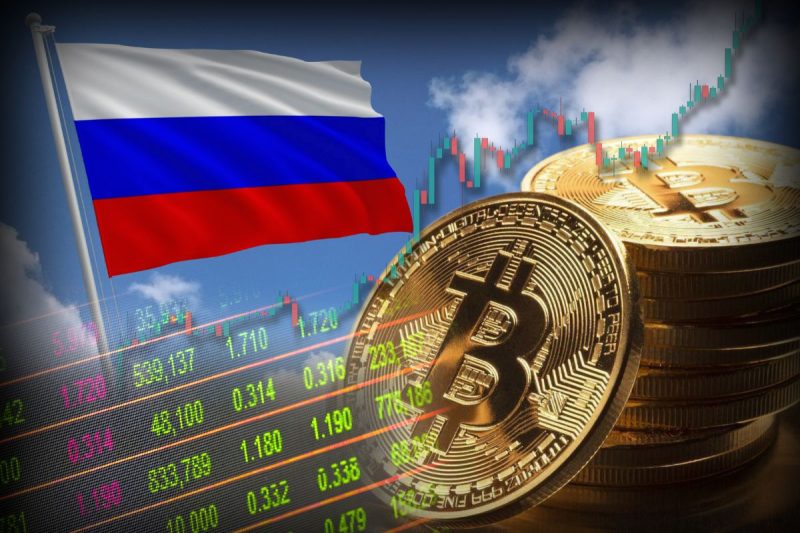Growing Interest in Crypto-Linked Financial Products
Russia is preparing to open a controlled pathway for investors who want exposure to cryptocurrency markets without directly holding digital coins. The Bank of Russia is shaping new rules that would let investors buy financial instruments tied to the prices of assets like Bitcoin and Ethereum. These products include futures, options and structured bonds that track crypto values while avoiding actual coin ownership.
According to reports from domestic financial circles, regulators are finalizing requirements that will allow brokers and management firms to launch these instruments as early as late 2025 or early 2026. Market participants say the change reflects growing demand for regulated crypto exposure inside Russia’s financial system.
How the New Structure Expands Access
The plan builds on steps the central bank took earlier this year when it allowed qualified investors to use certain crypto-based derivatives. Those instruments had strict rules and were only offered by licensed institutions. The upcoming expansion creates room for a wider investor base, although participants will still need to meet specific qualification standards.
The key features include:
- Only non-deliverable instruments will be allowed, meaning no transfer of digital coins.
- Banks must fully back their exposure with capital.
- Institutions must follow strict risk controls and set clear exposure limits.
- Brokers and asset managers will likely manage product issuance.
This cautious approach helps the central bank limit risk while still responding to the rising interest in digital assets.
What It Means for Russia’s Financial Market
The move supports a broader strategy led by the Ministry of Finance to widen access to crypto-related investment opportunities. By using traditional financial products that reference crypto prices, officials aim to integrate digital assets into a monitored environment.
Analysts note that this strategy allows Russia to build crypto-adjacent infrastructure without facing immediate issues like custody, ownership rights or sanctions-related complications. Still, the rollout will be watched closely to see how quickly these products gain traction and how many investors qualify.
If the plan succeeds, Russia could become a key testing ground for regulated crypto exposure in the region. However, the country’s leadership appears committed to taking gradual steps as global markets continue to shift.
